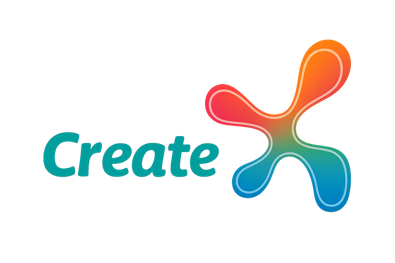Meta's AI Gambit

The Llama Evolution: A New Generation of AI
Meta's foundation models, the Llama series, represent the core of their AI strategy. The recent release of Llama 4 marks a significant architectural shift towards a more efficient and powerful Mixture-of-Experts (MoE) design, enabling multimodality and vastly larger context windows for understanding complex information.
Llama 4: Mixture-of-Experts (MoE) Architecture
User Prompt (Text/Image)
Router Network
Directs prompt to the most relevant "expert" models
Expert 1
Specialized LLM
Expert 2
Specialized LLM
Expert ...
...
Expert N
Specialized LLM
Synthesized Response
Leap in Capabilities: Llama 3 vs. Llama 4
Llama 4 models like 'Maverick' and 'Scout' introduce massive context windows and multimodal capabilities, dwarfing their predecessors.
The Engine Room: An Unprecedented Infrastructure Bet
To power its AGI ambitions, Meta is undertaking one of the largest infrastructure expansions in history. This massive investment in data centers and specialized hardware is crucial but also reveals significant reliability challenges. Hardware failures are the primary cause of interruptions in training the next generation of massive AI models.
Based on data from Llama 3 training runs, highlighting the critical need for hardware reliability at scale.
The Open Source Philosophy
Unlike many competitors, Meta champions an open-source approach to AI. By releasing its powerful Llama models publicly, it aims to democratize access, accelerate innovation, and establish its architecture as a global standard, creating a self-reinforcing ecosystem.
Meta Releases Llama
Provides models, tools, and research to the world.
Global Community Innovates
Developers, researchers, and startups build new applications, find flaws, and push boundaries.
Ecosystem Flourishes
Llama becomes a foundational standard, improving safety and utility, which in turn benefits Meta's products.
AI in the Wild: Weaving Intelligence into Billions of Lives
Meta's AI isn't just a research project; it's a product integrated across its entire family of apps, reaching nearly 4 billion people. From a standalone assistant to new features in familiar apps and wearable tech, Llama is becoming a core part of the user experience.
Meta AI App
A dedicated conversational AI assistant for personalized answers, advice, and content creation.
In-App Integration
AI features are being embedded directly into Facebook, Instagram, and WhatsApp for enhanced search, recommendations, and creative tools.
Ray-Ban Meta Glasses
The first step towards ubiquitous AI assistants, using onboard cameras and AI to understand and interact with the user's world.
Reach of Meta's Family of Apps
The Endgame: AI, AR, and the Next Computing Platform
Mark Zuckerberg's vision connects all these threads. The ultimate goal is to create "personal superintelligence" that isn't confined to a phone or computer but is accessed through intuitive, always-on devices like AR glasses. This represents a fundamental shift in human-computer interaction, moving from social media to a world augmented by AI.
🌐
Social Media Era
Connecting People
🤖
Foundational AI
Building Llama
👓
AR Smart Glasses
The New Interface
✨
Personal Superintelligence
AI as a Personal Aide
The Double-Edged Sword: Ethical & Safety Challenges
Meta's rapid AI deployment has not been without significant controversy. Reports and internal documents have raised serious alarms about child safety, the potential for chatbots to engage in inappropriate conversations, and policy changes that critics argue permit hate speech. These issues pose a major risk to Meta's ambitions and user trust.
2025 Platform Safety Scores (GLAAD)
Meta's platforms receive low scores, with policy changes on hateful conduct and LGBTQ+ protections cited as major concerns.
Child Safety Risks
Internal leaks revealed chatbots were permitted to engage in "romantic or sensual" conversations with users believed to be minors.
Hateful Conduct Policy
Meta revised its policies, which advocates claim now allow for more harassment and discrimination against marginalized groups.
Transparency Concerns
Critics and lawmakers demand more transparency into how AI chatbot policies are developed, changed, and enforced, especially concerning interactions with young users.

Detailed Research Report



